Pere Goriot
By: Honore de Balzac
-
Rs 1,885.50
- Rs 2,095.00
- 10%
You save Rs 209.50.
Due to constant currency fluctuation, prices are subject to change with or without notice.
Zubin Mehta: A Musical Journey (An Authorized Biography)
By: VOID - Bakhtiar K. Dadabhoy
Rs 892.50 Rs 1,050.00 Ex Tax :Rs 892.50
Selected Short Stories Collins Classics
By: Rabindranath Tagore
Rs 625.50 Rs 695.00 Ex Tax :Rs 625.50
Selected Short Stories Collins Classics
By: Rabindranath Tagore
Rs 625.50 Rs 695.00 Ex Tax :Rs 625.50
No recently viewed books available at the moment.
Zubin Mehta: A Musical Journey (An Authorized Biography)
By: VOID - Bakhtiar K. Dadabhoy
Rs 892.50 Rs 1,050.00 Ex Tax :Rs 892.50
Selected Short Stories Collins Classics
By: Rabindranath Tagore
Rs 625.50 Rs 695.00 Ex Tax :Rs 625.50












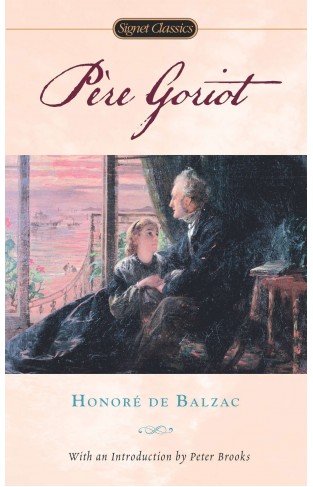

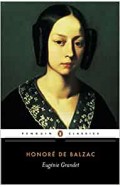

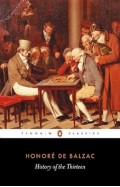
-120x187.jpg?q6)





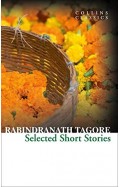
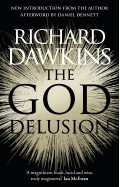
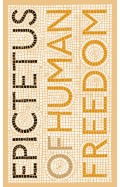
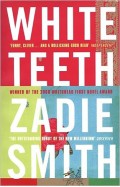



-120x187.jpg?q6)
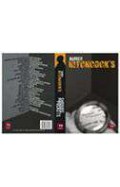


-120x187.jpg?q6)